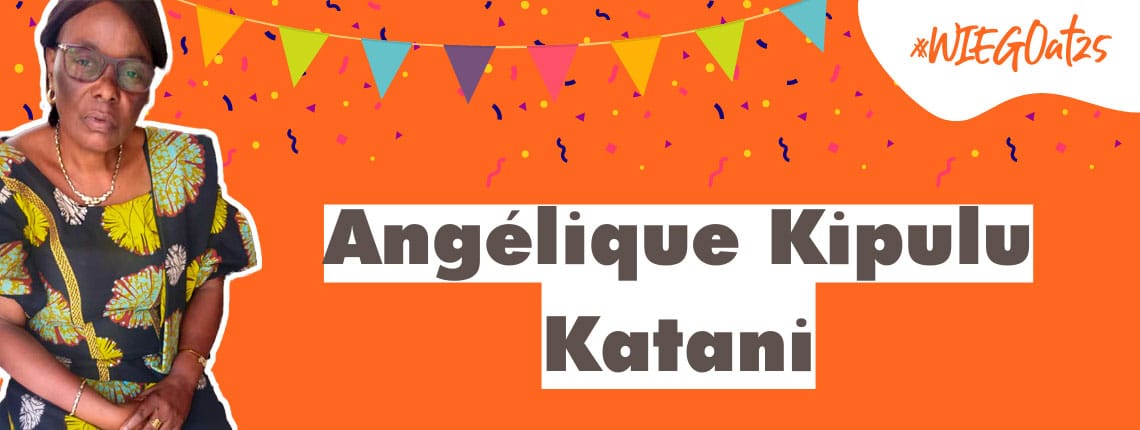In this interview, Angélique Kipulu Katani, founder and current General Secretary of the League for the Rights of Congolese Women (LDFC) reflects on 25 years of struggle for women who work in informal employment in the Democratic Republic of the Congo.
The LDFC was formed in 1999 in a context of war (the first and second Congo wars took place from 1996 to 2003). The wars saw immense human rights violations, including mass rapes which were used as a weapon of war. Women mobilized to participate in decision-making processes and many associations, including the LDFC, were created during this time.
A few years after our creation, we asked to be affiliated with StreetNet International in order to include women employed informally in our struggle, especially street vendors. StreetNet is constantly accompanying us with the training and organizing of street and market vendors.
Today, thanks to our work, the women who work as street vendors know their rights and are better prepared to face the authorities who often want to chase them out of public spaces.
Later on, StreetNet put us in touch with WIEGO, who encouraged us to look at other sectors in the informal economy, such as waste pickers. WIEGO then funded two missions under the responsibility of StreetNet – the first was to report on the situation of street vendors, followed by training people who work in this sector. This was the first time these workers had received training, as they were not organized at all at the time.
At the beginning of the pandemic, WIEGO provided unexpected financial support for our members. This was crucial in the crisis: everything was blocked in the city of Kinshasa, the borders were closed, and people could not enter the city and get supplies – by river or by road.
The LDFC is now investigating how to support domestic workers, as well as rural workers who are involved in farming and gardening. These women play an important role in supplying food to cities.
But the women doing this rural work have great difficulty in getting access to basic working equipment like a watering can, a machete, rain boots... Not to mention a tractor, which is expensive, especially the maintenance after purchase. They end up having to rent tractors when working in the forest, or in other large areas.
There is also the problem of the cost of transporting their products to the city, hence the need to create cooperatives to reduce these costs. Another concern is health: it is impossible to stay bent over all day without suffering health consequences.
About our future expectations, we demand much better care for the Congolese workers who are at the mercy of life events with no safety net, with not enough income to live in dignity (food, housing, health, schooling, retirement...). Today, most workers are forced to combine formal and informal employment in order to support their families. For example, doing informal sales at the doors of their homes after their day of formal employment.
This is especially the case for people employed by companies with foreign investors: they are paid a miserable salary and have no medical care if they fall ill, and they have to struggle and strike to be registered with the National Social Security Fund. With the scarcity of opportunities, they feel forced to accept precarious jobs for daily survival.
- This has been edited for brevity. As part of our 25th-anniversary celebrations, we are profiling WIEGO’s institutional members – trade unions, cooperatives, and associations of workers in informal employment that are active in WIEGO.
